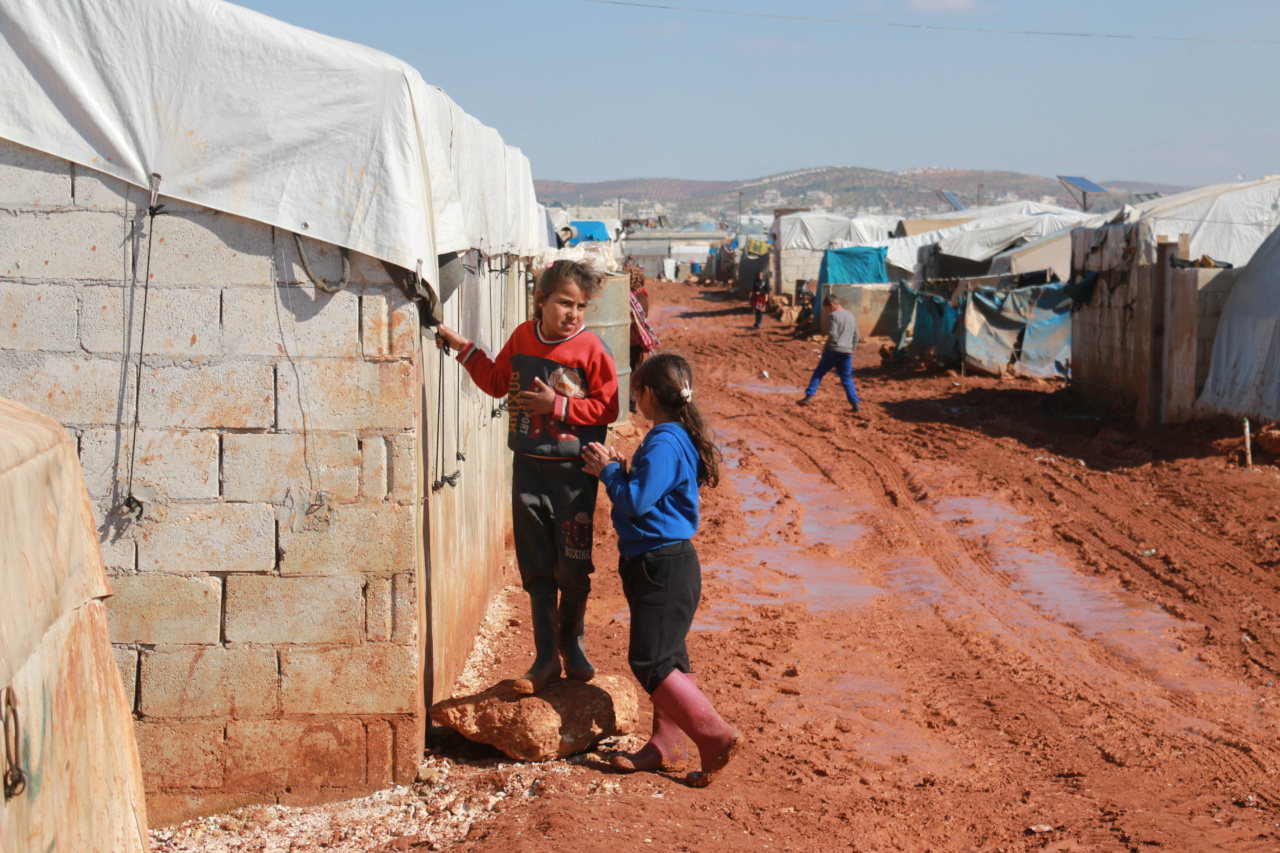The teenage years are a time of exploration and self-discovery. It’s no surprise that many teenagers become curious about sex during this stage of their lives.
However, there is a disturbing trend that has emerged in recent years known as “Teenage Sex Roulette.” This dangerous game is gaining popularity among teenagers, posing serious risks to their physical and emotional well-being. In this article, we will explore what Teenage Sex Roulette is, the consequences it can have, and how to protect teenagers from engaging in risky behavior.
What is Teenage Sex Roulette?
Teenage Sex Roulette is a highly dangerous game that involves multiple participants engaging in unprotected sexual activities without knowing the sexual history of their partners.
It’s essentially a game of chance, where teenagers willingly expose themselves to the risk of sexually transmitted infections (STIs), including HIV/AIDS.
This game typically involves a group of teenagers gathering together, often fueled by peer pressure and a desire to fit in.
The participants take turns either having unprotected sex with a chosen partner or engaging in group sexual activities such as orgies. The goal is to see who can “win” without contracting an STI.
The Consequences of Teenage Sex Roulette
Engaging in Teenage Sex Roulette has severe consequences that can impact teenagers physically, emotionally, and socially. Here are some of the risks associated with this dangerous game:.
1. STI Transmission
The most significant risk of Teenage Sex Roulette is the transmission of sexually transmitted infections. Unprotected sex greatly increases the chances of contracting STIs, including chlamydia, gonorrhea, syphilis, and HIV/AIDS.
2. Unwanted Pregnancies
Engaging in unprotected sexual activities also puts teenagers at risk of unwanted pregnancies. Teenagers may not be emotionally or financially prepared to handle the responsibilities that come with parenthood.
3. Emotional Toll
Teenagers who participate in Teenage Sex Roulette often experience a wide range of emotional issues. They may feel guilt, shame, anxiety, depression, and regret due to their involvement in such risky behavior.
This can have long-lasting effects on their mental well-being.
4. Social Stigma
Participating in Teenage Sex Roulette can lead to social stigma and isolation for teenagers. They may be judged by their peers, face rumors and gossip, and be labeled as promiscuous. This can negatively impact their self-esteem and overall social life.
Preventing Teenage Sex Roulette
It’s crucial to take proactive steps in preventing teenagers from engaging in Teenage Sex Roulette. Here are some strategies that can help:.
1. Comprehensive Sex Education
Educating teenagers about the risks associated with unprotected sex and STIs is essential.
Comprehensive sex education programs in schools can provide knowledge about safe sex practices, consent, contraception methods, and the importance of getting tested regularly for STIs.
2. Open Communication
Parents, caregivers, and educators should maintain open lines of communication with teenagers. This encourages them to ask questions, seek guidance, and share their concerns about sex and relationships.
It’s essential to create a safe and non-judgmental environment for teenagers to discuss these sensitive topics.
3. Peer Support
Teenagers may feel pressured by their peers to participate in risky sexual activities.
Encouraging the development of healthy peer relationships and support networks can help prevent adolescents from succumbing to peer pressure and engaging in unsafe behavior.
4. Access to Contraception and STI Testing
Ensuring that teenagers have access to contraception methods, including condoms, can significantly reduce the risk of unplanned pregnancies and the transmission of STIs.
Additionally, easy access to confidential STI testing facilities allows teenagers to get tested regularly without fear of judgment or disclosure of their sexual activities.
Seeking Professional Help
If a teenager is known to be participating in Teenage Sex Roulette or is displaying concerning sexual behavior, it’s crucial to seek professional help.
Mental health professionals, counselors, or therapists experienced in working with adolescents can provide the necessary support and guidance to navigate these challenging situations.
Conclusion
Teenage Sex Roulette is a dangerous game that exposes teenagers to significant risks, including STI transmission, unwanted pregnancies, emotional distress, and social stigma.
It’s crucial for parents, educators, and society as a whole to take proactive measures to prevent teenagers from engaging in this risky behavior.
By providing comprehensive sex education, promoting open communication, fostering peer support, and ensuring access to contraception and testing, we can protect teenagers and empower them to make informed and responsible decisions about their sexual health.































